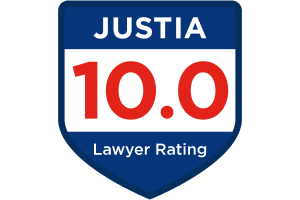Probate Defined
Probate is the legal process that is typically required when a person dies. It is intended to make certain that the things which the deceased person owned – property, possessions, and accounts — end up going to the persons desired by the person who passed away..
With a vast reservoir of experience, the partners at Peters Patchin & Monaghan excel at determining the best probate or non-probate procedure available in each circumstance. In every case, the analysis starts with a determination as to whether probate is even required. If an alternate to probate is feasible and more affordable, that will be the path we recommend. If probate is not avoidable, our attorneys, Daniel Patchin, Matt Hunter and Marcus West will strive to streamline the process to the greatest extent possible.
Broadly speaking, probate consists of four steps.
First, if there is a Will, the person named as Executor in the Will submits a request to the probate court for a determination that the Will is the last Will which was made by the deceased. If there is no Will, then usually a surviving spouse or child will submit a request to the court for a determination that there was no Will. In either case, the court’s decision will determine who will serve as the Executor — the person responsible to make sure that the rules are followed, the bills paid, and the assets distributed to the rightful heirs.
Second, the Executor then looks for and then gathers up all of the property, possessions, and accounts which the decedent owned when he or she passed away.
Third, any debts that were owed by the deceased person are determined and paid. However, there is also a possibility of cancelling some or all of those debts in the event that any creditor fails to present their claims to the probate court and the Executor within a narrow time frame.
Finally, the remaining assets are then distributed to the heirs in accordance with the Will (or in the manner dictated by Idaho law in the event there was no Will). With respect to the distribution and subject to the specific provisions of the Will, the Executor usually has some flexibility to determine whether (1) to liquidate assets and distribute cash or (2) to distribute different assets to different heirs.
Need More Info? Give Us a Call
If you would like our help with this or any other probate questions, please give us a call at (208) 939-2600 to schedule your free initial consultation. Or you can schedule your expedited appointment at your convenience by clicking on either of the yellow “Schedule Now” boxes on our Home Page.






